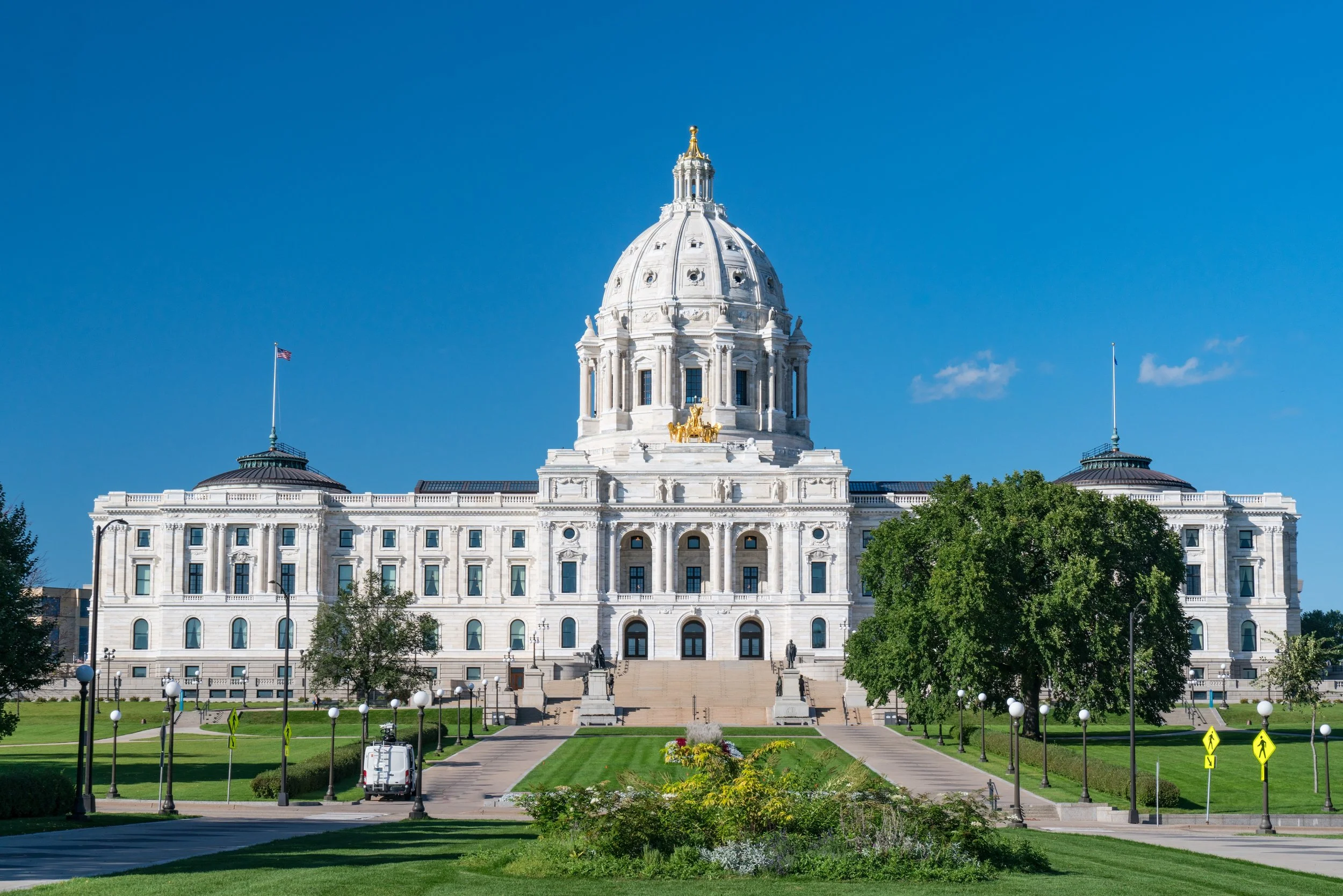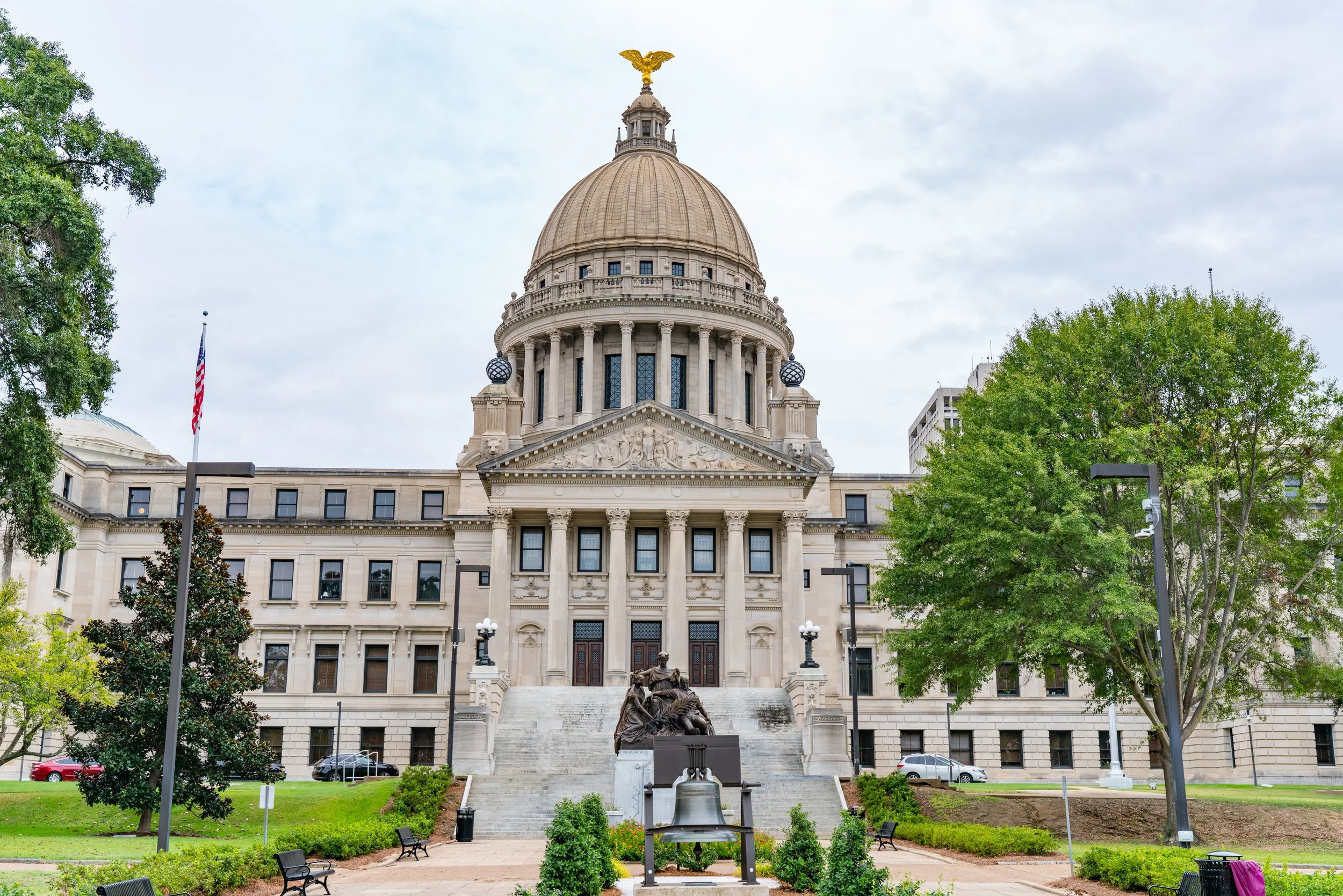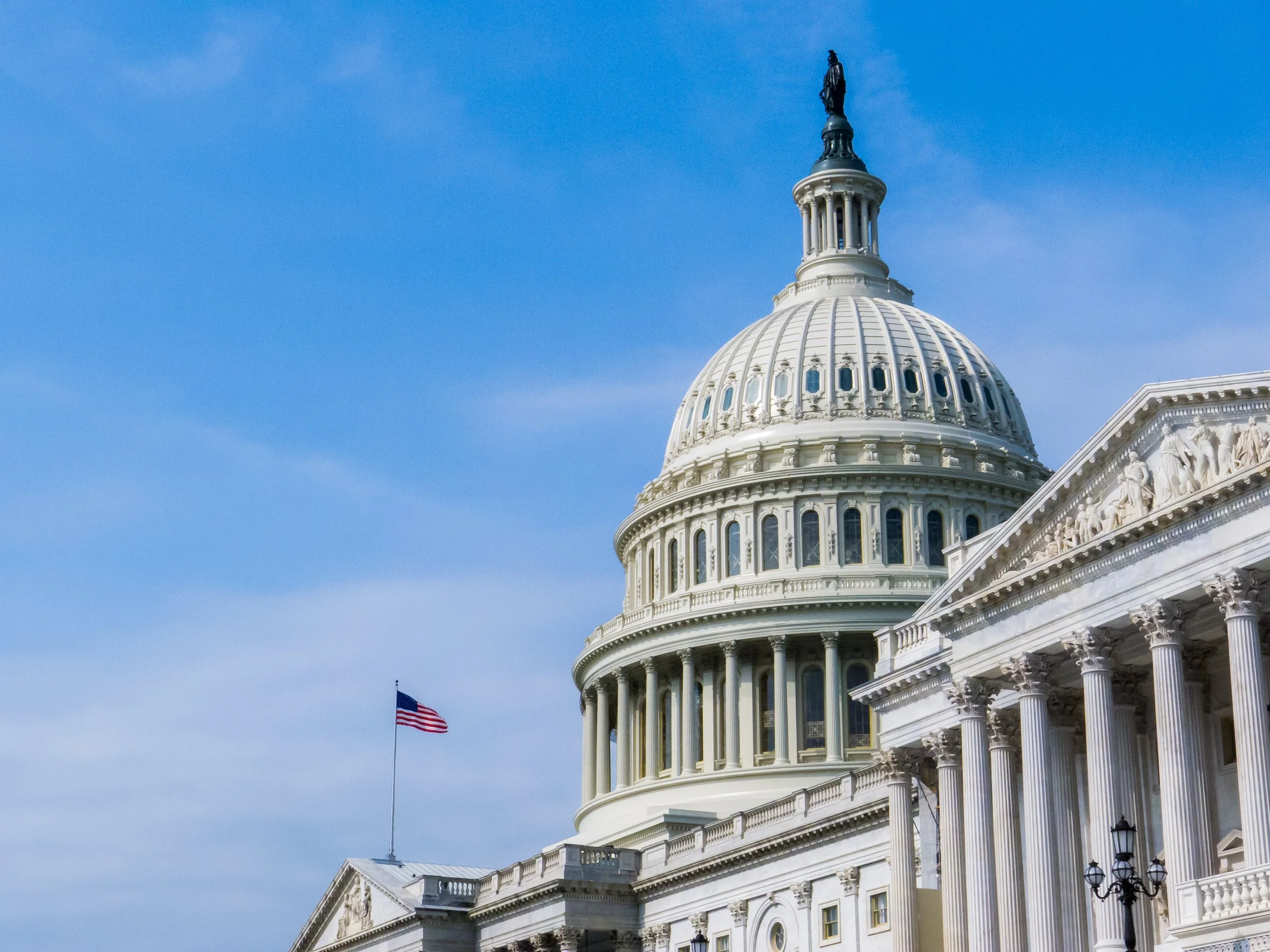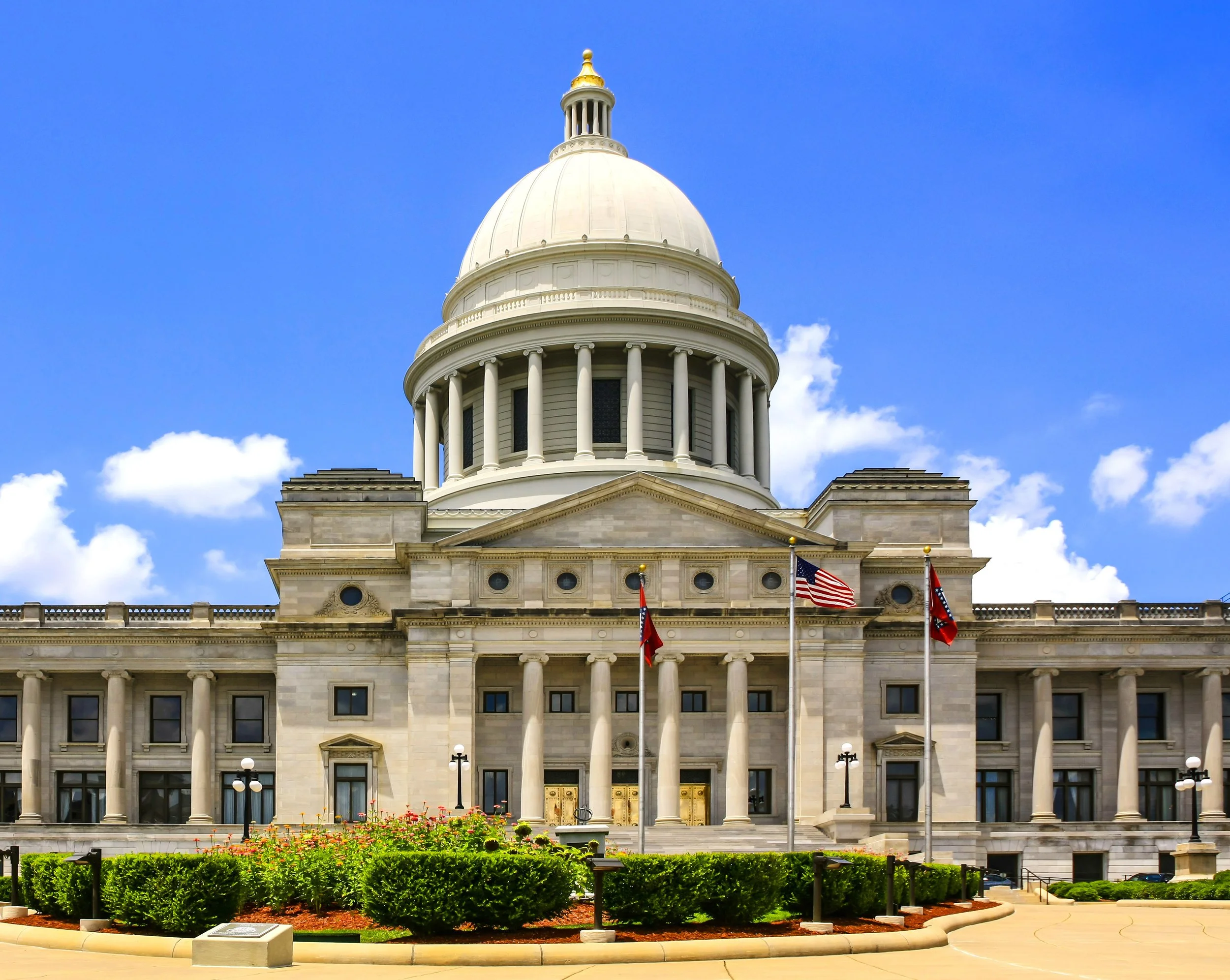How Regional Health Alliances Tackled Vaccine Access in 2025
Following September 2025 federal restrictions limiting COVID-19 vaccine eligibility to adults 65+ and high-risk individuals, 18 states implemented protective measures including executive orders allowing pharmacy administration without prescriptions. Regional alliances like the West Coast Health Alliance and Northeast Public Health Collaborative emerged, while Florida moved to eliminate school vaccine mandates. The bipartisan Governor's Public Health Alliance launched October 15 with 15 governors coordinating responses.
Health Policy Rollup: State Action We Watched in December 2025
Delaware legislators introduced SB 213 eliminating hospital budget oversight authority, while Florida faces court-ordered Medicaid termination pauses after constitutional violations. North Carolina's certificate of need laws face ongoing legal challenges, and New York Governor Hochul proposed $71 million in healthcare investments including mental health licensing reforms. Utah became the first state implementing AI prescription renewals for chronic conditions.
Health Policy Rollup: State Action We Watched in November 2025
Fifteen governors launched a public health alliance to improve emergency preparedness and coordination across state lines, while CMS announced all 50 states applied for the $50 billion Rural Health Transformation Program. California enacted major healthcare transparency and PBM oversight legislation, Colorado proposed significant Medicaid spending cuts, and Massachusetts advanced prior authorization reforms.
Healthcare Legislators Tackle AI Claims and Medical Debt Relief (NCOIL Recap)
The National Council of Insurance Legislators adopted the Prior Authorization Reform Model Act and advanced artificial intelligence oversight policies at its Atlanta annual meeting. The Health Insurance Committee addressed charity care screening requirements and medical debt protections, while the Financial Services Committee continued developing AI governance standards requiring human professionals to make claim denial decisions. Legislators discussed expiring ACA tax credits' impact on market stability with state insurance commissioners.
States Expand Genomic Testing Coverage (Rapid Whole Genome Sequencing and Biomarker Testing)
Seventeen state Medicaid programs now cover rapid whole genome sequencing for critically ill children, with Minnesota, North Carolina, Oklahoma, and Tennessee extending coverage to patients under 21 in pediatric critical care. Sixteen states mandate biomarker testing coverage for cancer-risk beneficiaries. Maryland and Illinois enacted legislation prohibiting genetic discrimination in life insurance policies.
States Prepare Applications for Rural Health Transformation Program
CMS released guidance for states applying to the Rural Health Transformation Program's $50 billion in federal funding distributed between FY2026-FY2030. States like Mississippi, Oklahoma, North Dakota, and Washington are conducting stakeholder surveys and forming committees to develop applications focusing on workforce development, technology infrastructure, and healthcare access improvements. Applications are due November 5, 2025, with approvals by December 31.
State Medicaid Programs Face Huge Federal Funding Cut
President Trump signed the One Big Beautiful Bill Act on July 4, 2025, cutting federal Medicaid spending by $1.02 trillion over ten years. The legislation imposes work requirements, freezes provider tax rates, caps state-directed payments, and requires six-month eligibility redeterminations for expansion states. Most significant budget impacts won't hit states until 2028.
Budgets Dictate Healthcare Headlines as States Adjourn
States incorporated significant healthcare reforms into budget bills as sessions concluded and the new fiscal year began July 1st. California's $321 billion budget freezes Medicaid enrollment for undocumented adults starting 2026, while Minnesota eliminated coverage for approximately 15,000 undocumented adults. Florida boosted Medicaid rates for long-term care facilities by $286 million, Ohio established automatic Medicaid expansion termination if federal match drops below 90%, and Wisconsin raised hospital provider taxes to generate $1.5 billion in additional Medicaid funding.
Health Policy Rollup: State Action We’re Watching in July 2025
Connecticut Governor Lamont signed comprehensive healthcare reform including mental health parity reporting and step therapy prohibitions. Iowa and Montana submitted federal waivers for Medicaid work requirements, seeking 100 and 80 monthly hours respectively. Oklahoma's Governor Stitt issued an executive order implementing "Make America Healthy Again" initiatives, including SNAP waivers to exclude soft drinks and ending public water fluoridation endorsements. Maine's legislature passed PDAB expansion legislation, but Governor Mills postponed her decision until January 2026.
States Push Forward with Medicaid Work Requirements as Federal Support Returns
Twenty-seven bills in fourteen states have introduced Medicaid work requirements in 2025, with Idaho, Indiana, Kentucky, and Montana enacting legislation. The House-passed reconciliation bill mandates 80-hour monthly work requirements for Medicaid expansion populations by December 2026. Five states have submitted federal waivers for approval, while Georgia seeks renewal of its existing program. The Trump administration's support has emboldened state action on this budget-cutting measure.
Reconciliation: What’s at Stake for States and Medicaid
The U.S. Senate is reviewing budget reconciliation legislation that would cut federal Medicaid funding to states by $800 billion over 10 years. Key provisions include work requirements, more frequent eligibility checks, and provider tax caps. The CBO estimates 7.6-10.3 million people could lose coverage, forcing states to choose between cutting services or finding alternative funding.
Governors’ Final Actions on Major Healthcare Bills
As legislative sessions wind down across the country, attention turns to the executive branch as governors make decisions on bills passed by the legislature. In the past month, various governors have taken action on significant healthcare legislation by signing, vetoing, or allowing bills to become law.
Health Policy Rollup: State Action We’re Watching in April 2025
Legislation we’re watching this month, including Certificate of Need in Mississippi, facility fees in Oregon, Medicaid reform in Indiana, and more.
Health Policy Rollup: State Action We’re Watching in March 2025
Legislation we’re watching this month, including Medicaid policy activity in several states, a bill to eliminate the New Hampshire Vaccine Association, and more.
GLP-1 Weight Loss Drugs: Coverage Under Medicaid and Other Health Plans
Recognizing the potential long-term benefits for enrollees’ cost of coverage, a number of state Medicaid and employee health plans initiated coverage of GLP-1s for weight loss purposes. Only Arkansas, California, Maryland, New Mexico, Pennsylvania, and Texas have introduced legislation mandating coverage in 2025 to date.
State Medicaid Work Requirements (11 States Are Considering These Bills in 2025)
So far in 2025, 21 bills in 11 states have been introduced that would require some community engagement in order to receive Medicaid benefits. Despite legislative attempts at implementing work requirements, it may be possible for some states to bypass the legislature altogether.
Policy Trend: Medicaid Work Requirements
As states and the federal government look for ways to cut spending, an obvious place to look is one of the largest budget items for all jurisdictions: Medicaid. The addition of work requirements for recipients has been a perennial (though so far unsuccessful), option for budget conscious legislators. So far in 2025, 12 bills in 7 states have been introduced that would require some community engagement in order to receive Medicaid benefits.


















